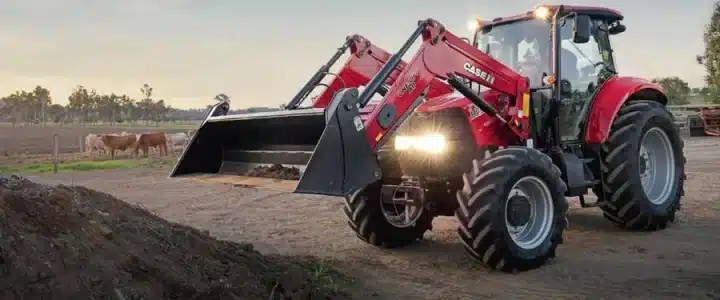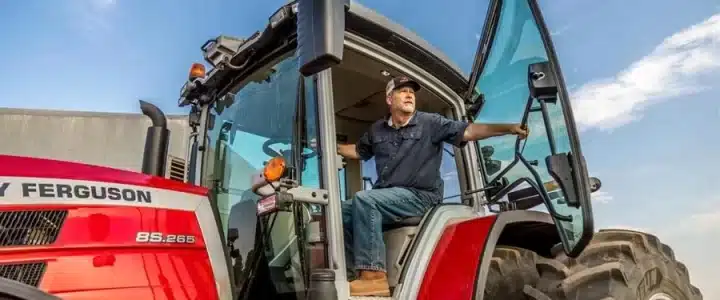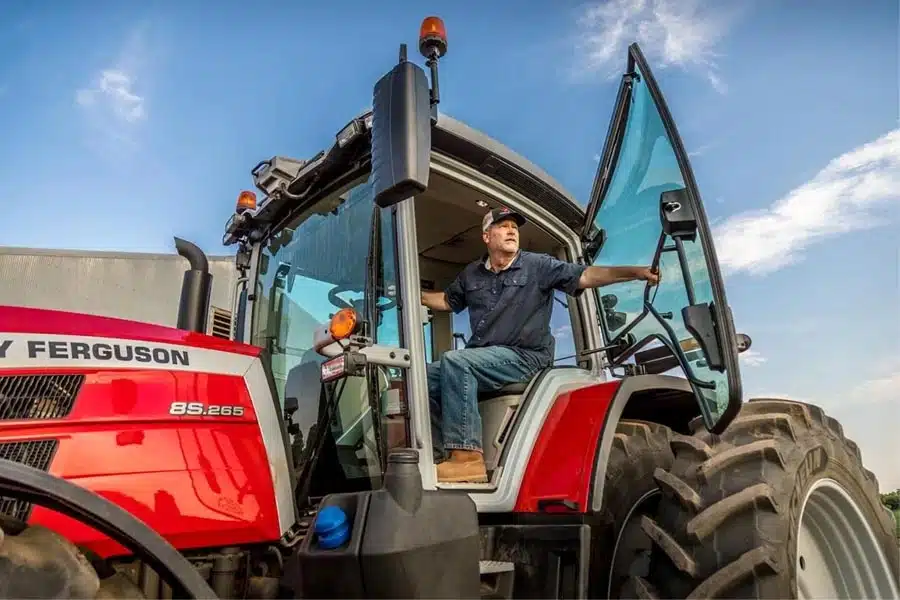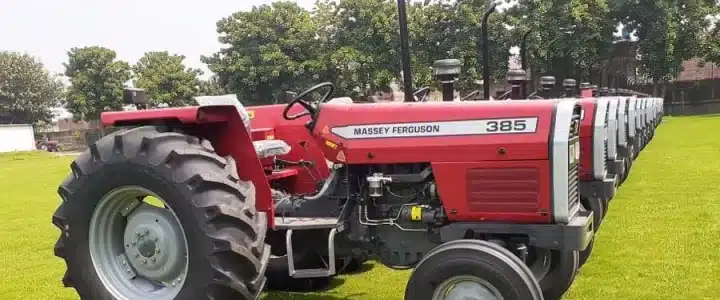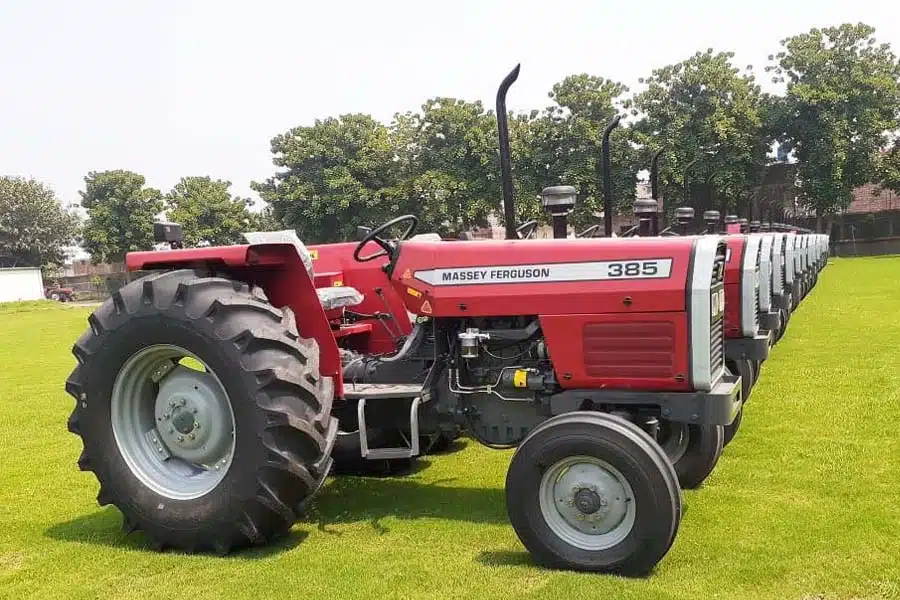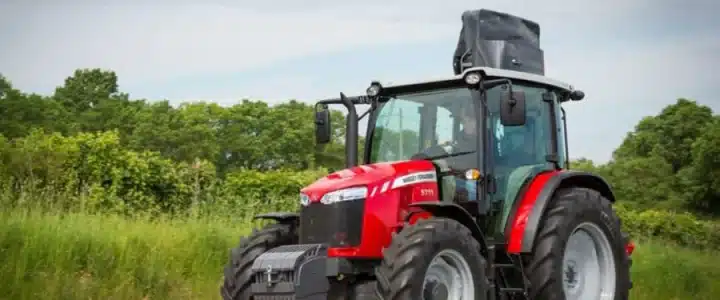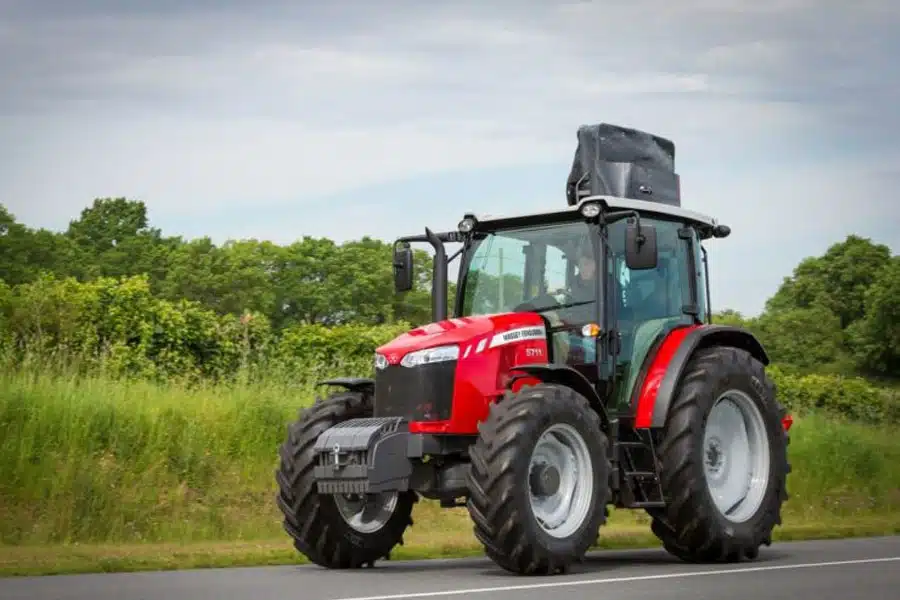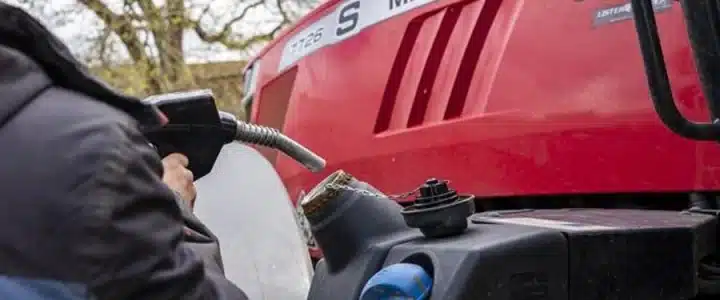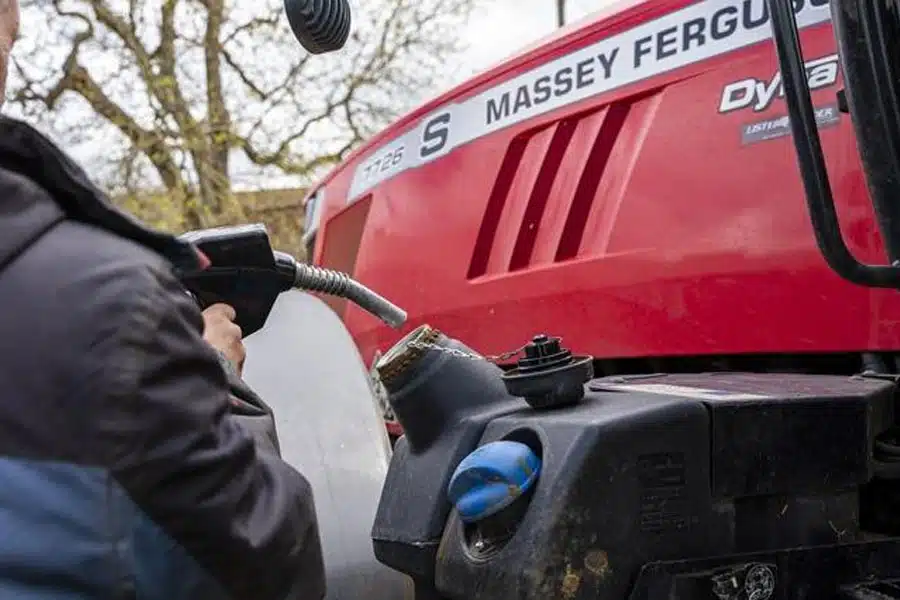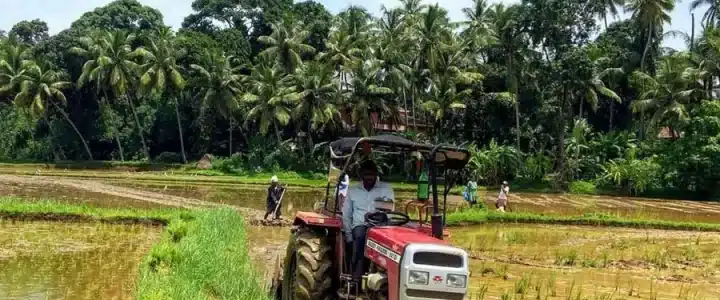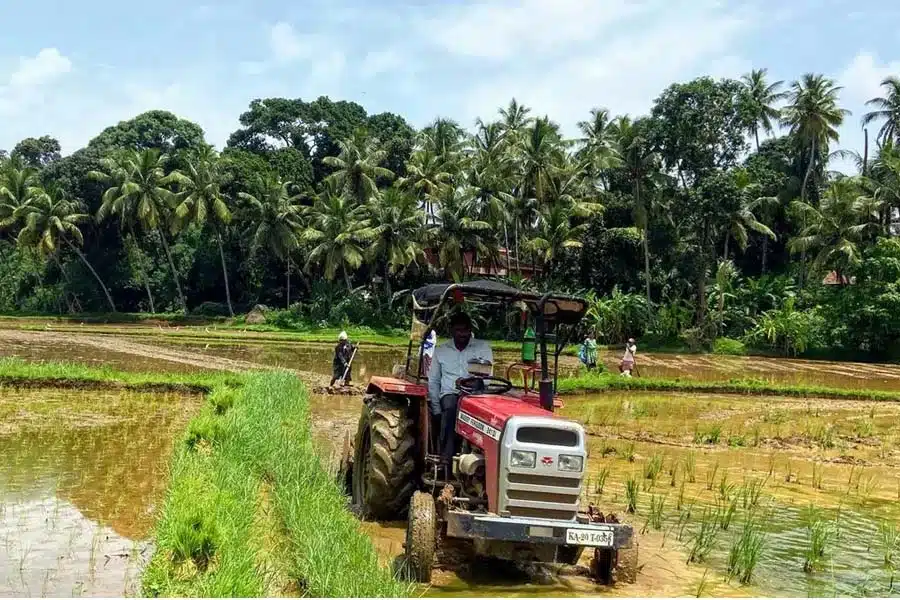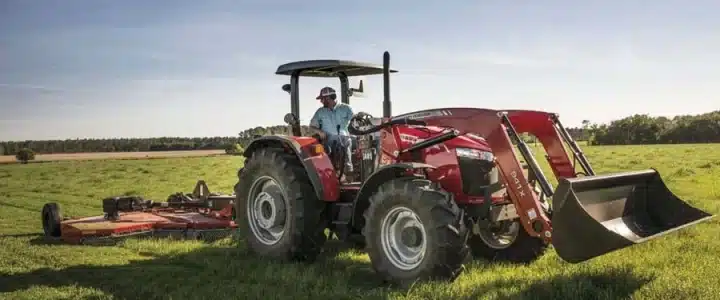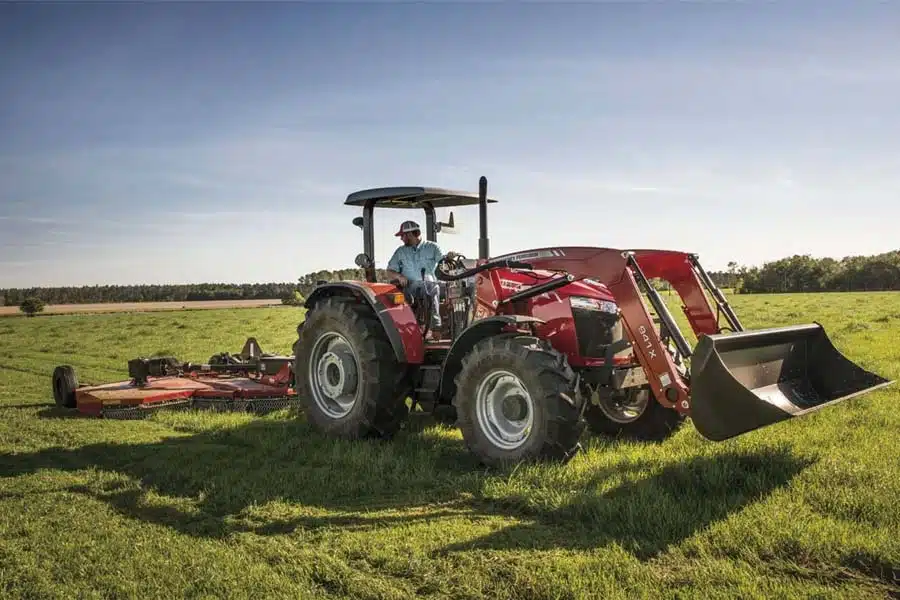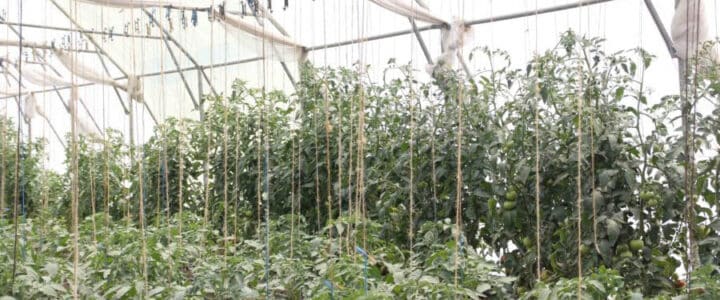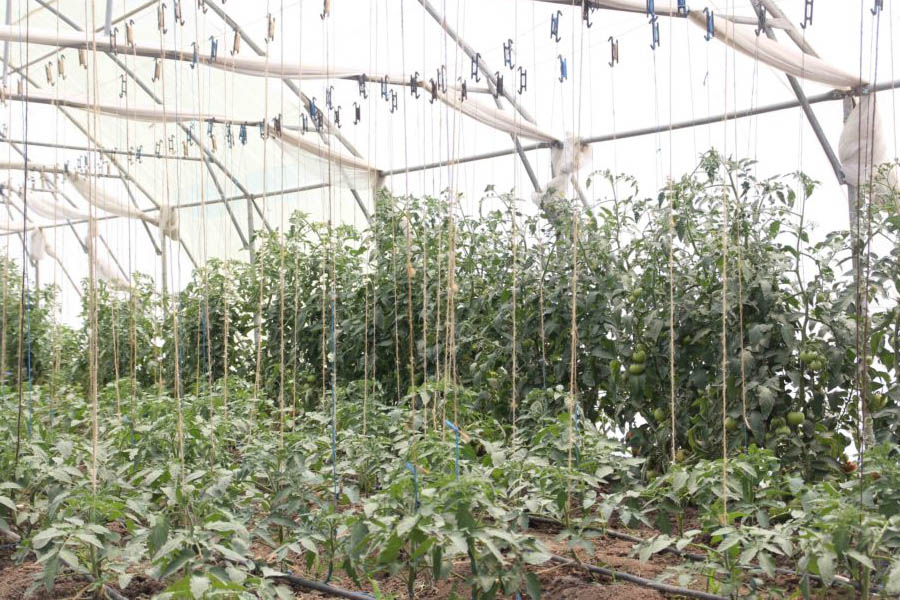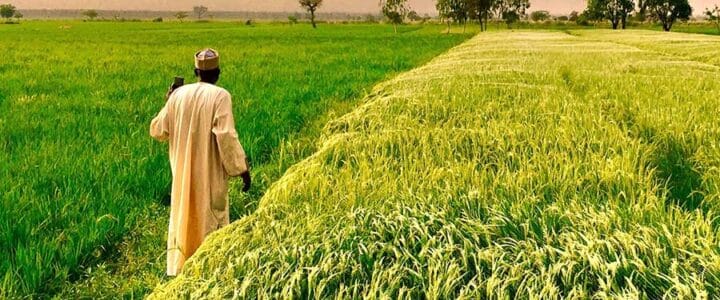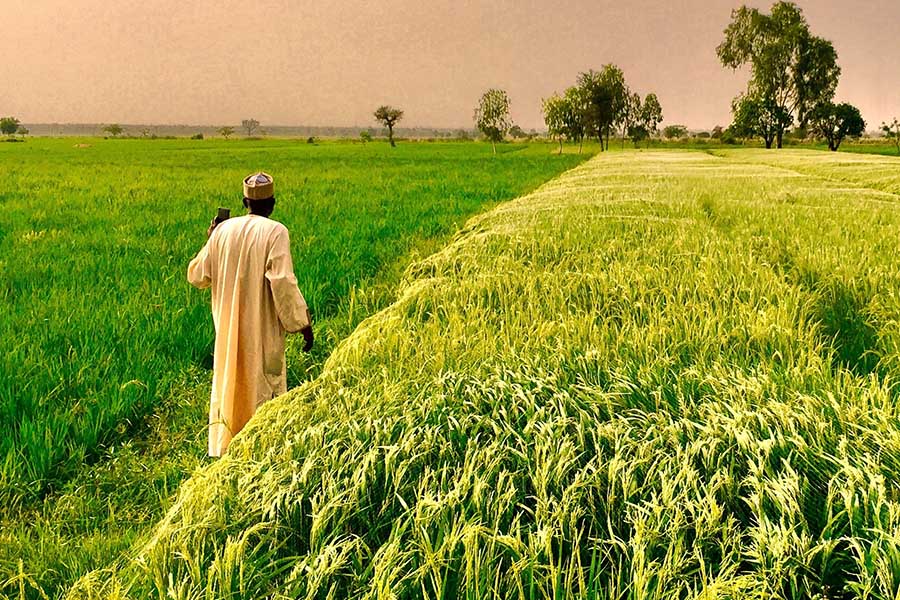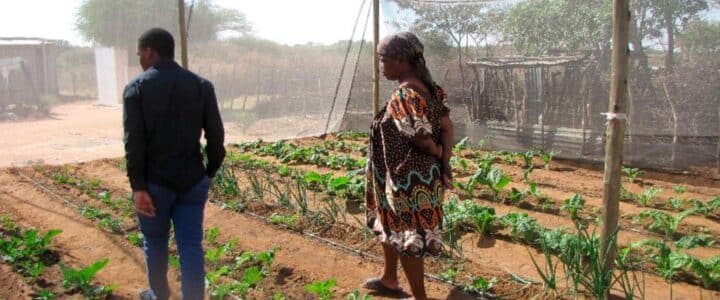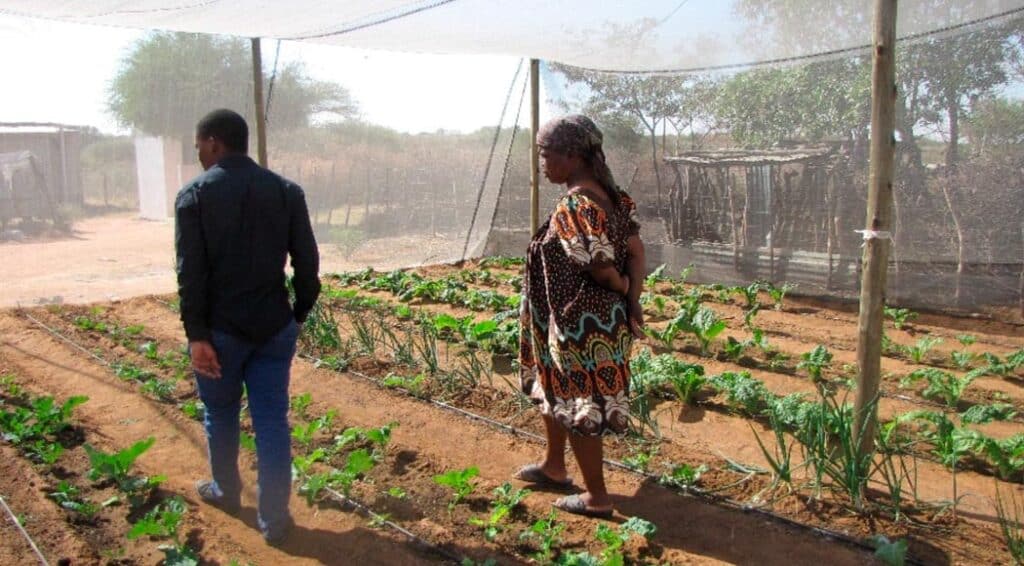In the heart of Togo, where agriculture is the lifeblood, tractors have long been the backbone of farming operations. However, their potential extends far beyond the fields. With creativity and innovation, these powerful machines can revolutionize various sectors, driving progress and efficiency across Togo.
The Versatility of Tractors
Tractors are not just for ploughing fields and planting crops. Their robust design and adaptability make them ideal for a range of applications. Here are some innovative uses of tractors that can benefit Togolese farmers and agricultural enthusiasts:
Construction and Infrastructure Development
When equipped with the right attachments, tractors can serve as vital tools in construction and infrastructure projects. From digging foundations to transporting materials, tractors can handle heavy-duty tasks that would otherwise be labor-intensive and time-consuming.
Road Maintenance
Maintaining rural roads is crucial for ensuring the smooth transport of goods and services. Tractors can be fitted with graders and rollers to help level and compact roads, making them more durable and accessible year-round.
Water Management
In regions where water management is a concern, tractors can play a pivotal role. They can be used to dig irrigation canals, construct ponds, and manage drainage systems, helping to improve water distribution and prevent soil erosion.
Community Services
Tractors can also be utilized for community services such as waste management and firefighting. With appropriate attachments, they can help in clearing debris, managing waste, and even assisting firefighting by transporting water and equipment to remote areas.
Forestry and Land Management
Tractors can aid in forestry operations by hauling logs, clearing land, and managing forested areas. Their ability to maneuver through challenging terrains makes them invaluable in maintaining and utilizing forest resources sustainably.
Transport and Logistics
In rural areas where transportation options are limited, tractors can be a reliable means of transport. They can be used to ferry goods, people, and equipment, ensuring that even the most remote communities stay connected.
Tractors PK – Leading the Way in Tractor Innovation
At Tractors PK, we understand the diverse needs of Togolese farmers and agricultural enthusiasts. Our mission is to provide high-quality tractors and attachments that enhance the productivity and efficiency of your operations. With a wide range of products tailored to meet various requirements, we are committed to driving progress in Togo’s agricultural sector.
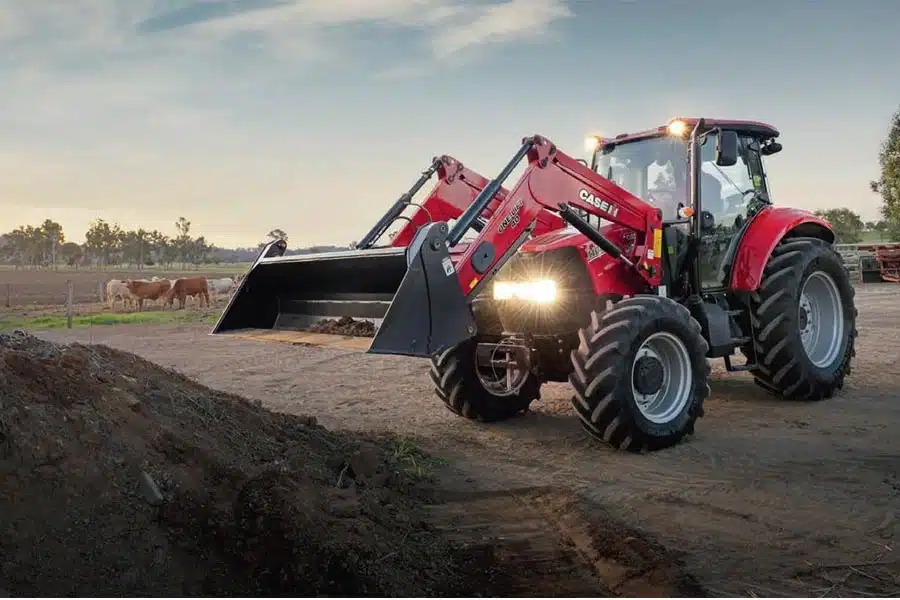
Why Choose Tractors PK?
- Wide Range of Products: From standard farming tractors to specialized attachments for construction, forestry, and more, we have everything you need to maximize your tractor’s potential.
- Quality and Durability: Our tractors are built to withstand the toughest conditions, ensuring reliability and longevity in your operations.
- Expert Support: Our team of experts is always ready to assist you with your needs, providing guidance and support to help you get the most out of your equipment.
- Community-Focused: We believe in empowering communities through innovative solutions, and our products reflect this commitment.
Tractors are much more than farming tools; they are versatile machines that can drive innovation and efficiency across various sectors in Togo. By exploring these alternative uses, Togolese farmers and agricultural enthusiasts can unlock new possibilities and contribute to the country’s progress.
